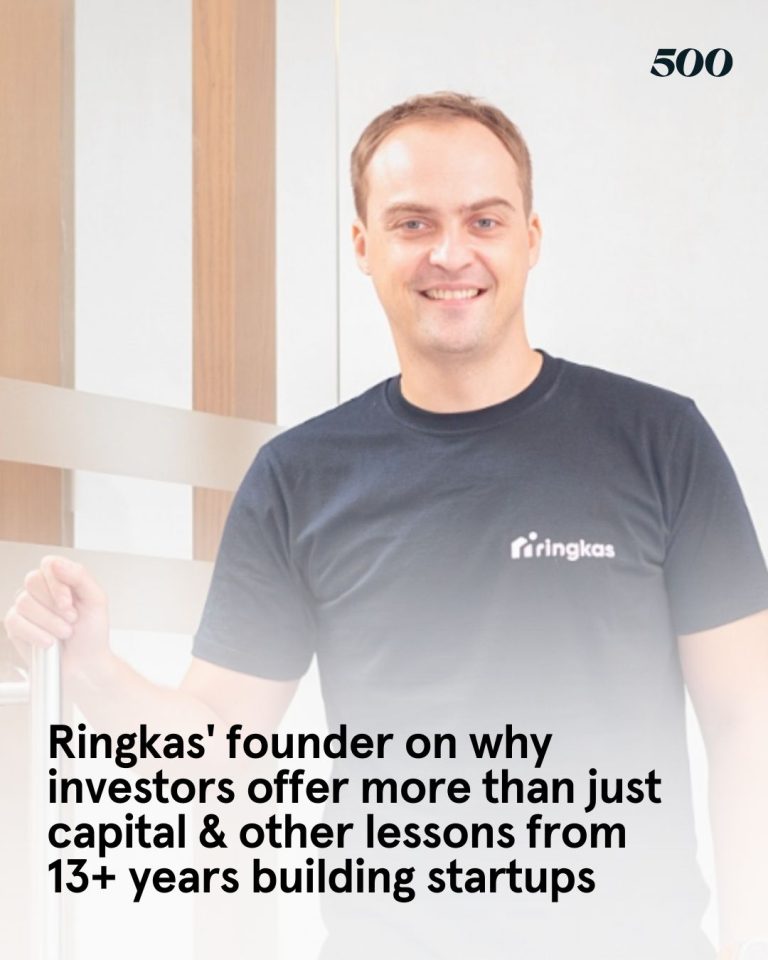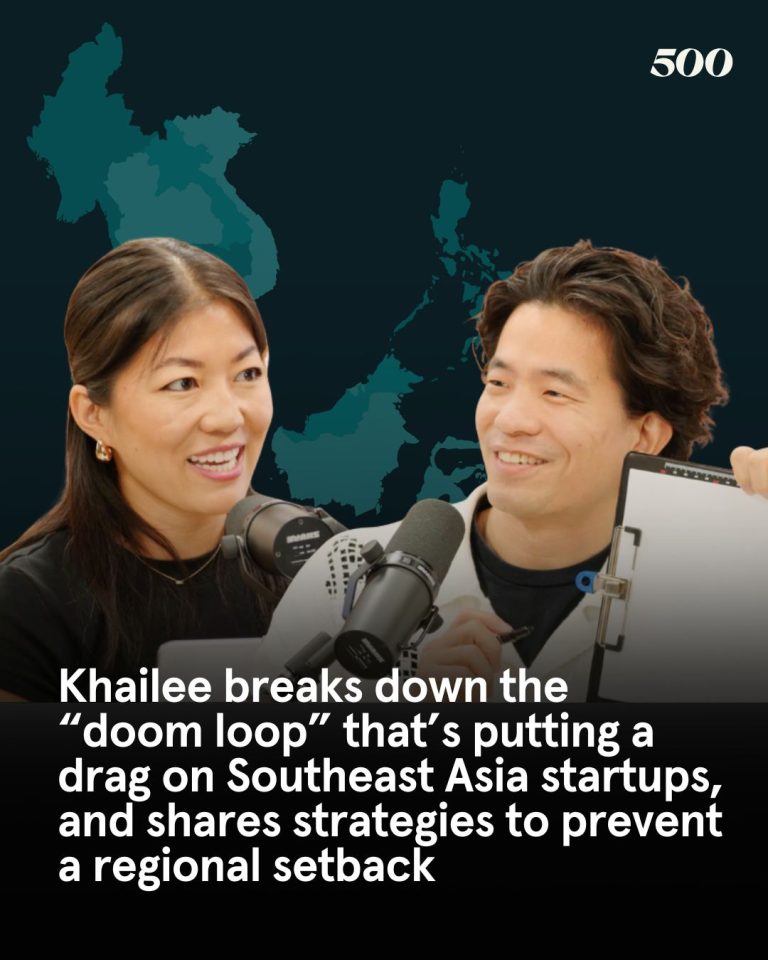Making the offline connection
- How do rural communities across Indonesia get access to daily necessities within 24 hours? With the help of 500-backed social commerce platform Dagangan.
- Coming from a Tier 3 city himself, Co-founder & President Wilson Yanaprasetya experienced first-hand that the variety of goods in his hometown were not only limited, but much more expensive compared to bigger cities. “There is a big digital inequality there, a lack of infrastructure, and even from the government spending,” he shares.
- So, how does Dagangan solve these issues? Surprisingly, it is by doing things the traditional way via a hub-and-spoke model.
- Every hub is equipped with Dagangan’s warehouse management software, which links directly to the brands and distributors in their network. Brands will then deliver items to these locations, while Dagangan takes care of the last-mile delivery to reach rural customers.
- Building trust is crucial to the success of this operation, and Dagangan does this with the help of local key opinion leaders such as the village head — an exercise too expensive for brands to undertake. For Dagangan, the cost is optimized across the multiple brands they manage, ensuring that their efforts are sustainable.
- “In Indonesia, and many developing countries, a lot of it is offline. Yes, digital penetration is growing, but at the same time, you need that offline piece, the human connection to help grow the business,” Wilson explained.
- Understanding this has helped Dagangan double their growth every year. Today, Dagangan serves over 20,000+ villages.
- Listen to the full interview on the BRAVE podcast here.




